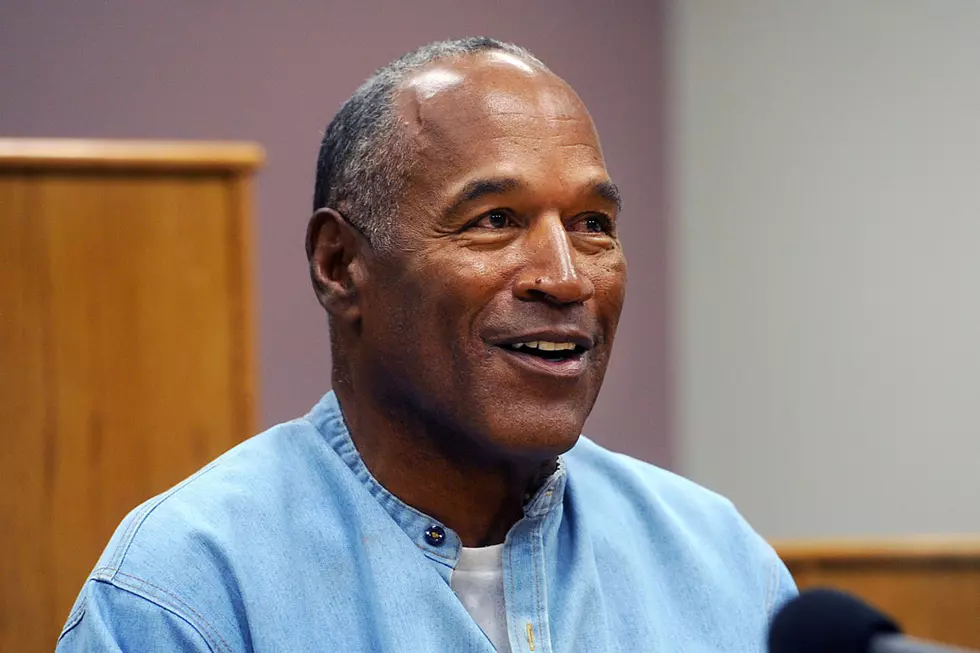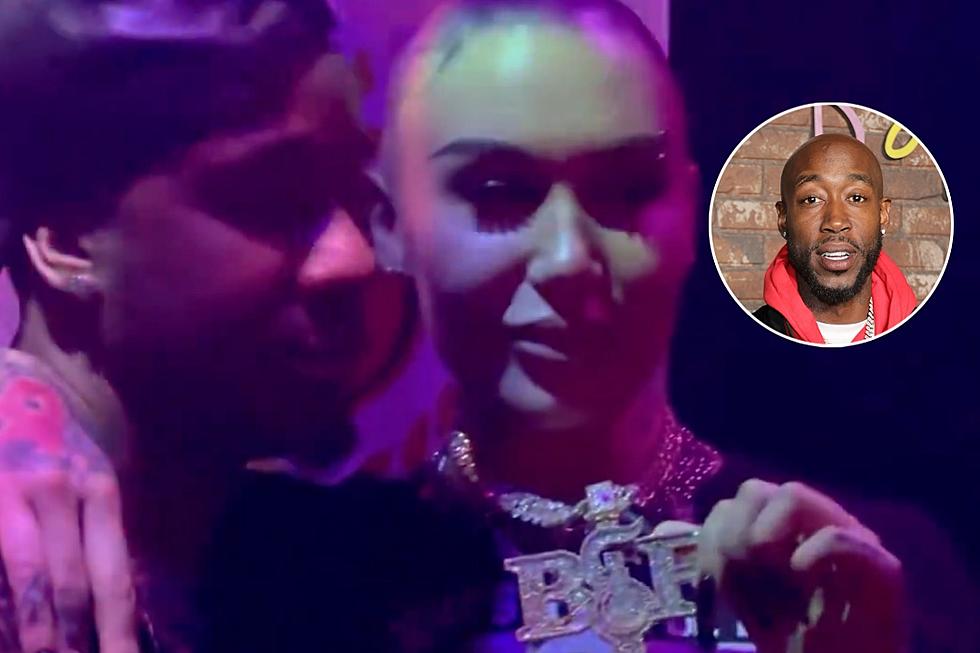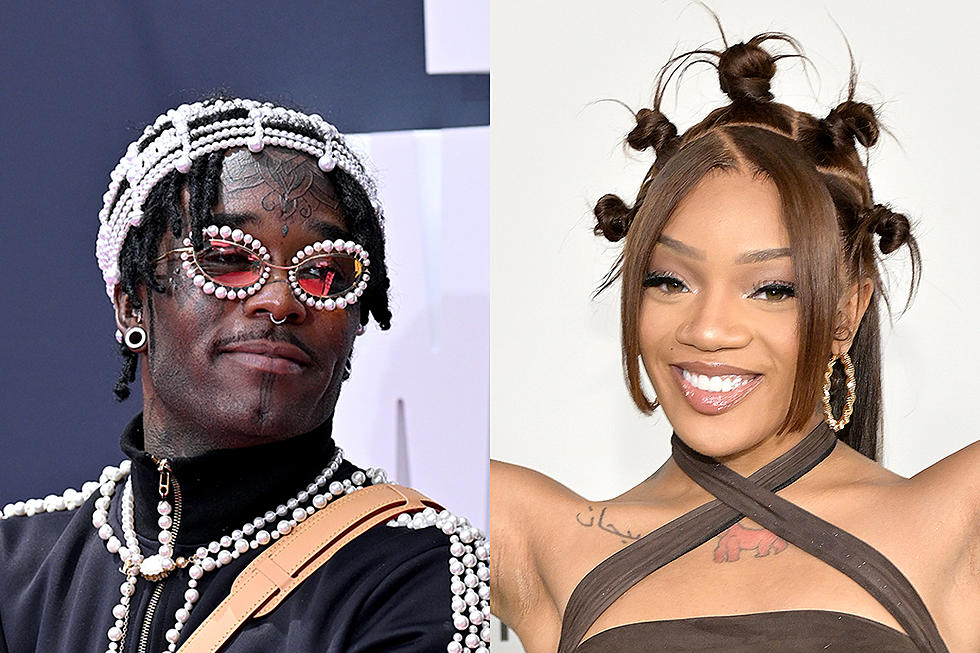
Radio Politics 101: West Coast Motivation
Two months ago, there was quite a stir online because of an XXLMag.com blog called “Freddie Gibbs > N.W.A (According to LA Weekly).” In summary, LA Weekly had just released its new issue with Freddie Gibbs on the cover, and a flurry of people were infuriated that a new rapper from Gary, Indiana had been featured in a Los Angeles publication (over any West Coast rapper).
In addition, the article mentioned a Snoop video, "Where he aired out L.A. DJ’s who are usually not from the city and don’t support local artists—like Skee (who happens to be affiliated with Gibbs).” Ironic, since Snoop just called me that past week to do his new mixtape.
I felt I had to go on the defense to clarify my stance and support of West Coast music, and responded with my own entry on my website, DJSkee.com, where I disputed the claims against me venomously.
For one, on my last radio show before that article was released (showing I didn't just react and play more West Coast music after), I played no less than 32 songs by or featuring a West Coast artist in two hours on Sirius XM, a nationwide platform reaching all of the USA (and some of Canada). The reaction from the fans was extremely positive, and I even spoke with the author of the original XXLMag.com post, Brooklyne Gipson, and cleared the air; I felt from the beginning she wasn't directing her statements at me really, yet, knew that it would be taken by many that way.
However, Brooklyne/XXL struck a nerve on a very valid subject: the lack of support of L.A. artists, and West Coast hip-hop in general.
Around the time, there were pickets outside of L.A.'s hip-hop station, Power 106; Snoop was speaking on L.A. DJs in a video he released; and no new West Coast hip-hop act has gone platinum outside of the N.W.A family tree since Coolio (I believe).
Now, I’ll attempt to share my thoughts from a completely neutral platform.
I’ve worked on the label side, own my own brand/site/network/production/marketing/futuristic media company, Skee.TV (that also signs and works with artists), have been on the radio since I was 16 years old (including a stint at L.A.'s Power 106 before I moved to KIIS FM, L.A.'s rhythmic top 40 station (and the No. 1 rated station), worked with almost every West Coast artist imaginable, and understand the situations from both perspectives as well as anyone.
That being said, let’s start from the artist perspective: Numerous artists (and fans alike) have been screaming that West Coast radio doesn't support its own artists, looking primarily at Power as the only current hip-hop station in LA (KDAY is now an old school format, The Beat is long gone).
Now, looking at the playlist on the Power website on February 3, only five of the 35 songs listed are from West Coast artists. Some of the DJs are not even from L.A. originally (Note: I'm not either, but feel it ain't where ya from, it’s where ya at). Couple this with the previous fact that no artist has blown in decades without being affiliated with Dr. Dre, and it’s easy to jump on the bandwagon, and start organizing protests outside of stations and calling for DJs’ heads.
On a local level, there are very few radio platforms to showcase new artists. I remember when I was at Power, my show aired at the end of "West Coast Wednesdays," which is now gone totally. Even then, artists would approach me saying, “Why can't we have West Coast music every day, not just Wednesdays?
West Coast songs seem to come and go very quickly, and the ones that get spins at mixshow seldom ever turn into true rotation. Radio concerts are headlined often by out of towners, and like in many markets, Wayne, Drake, Jay-Z, etc., seem to rule the airwave. Casual listeners who aren't in the trenches or obsessed with finding the latest music have no clue of who any of these new West Coast artists are (as they only know what they hear everyday).
Now, the radio perspective: Radio is, like any other company in this world, a business, with the bottom line of profits. Radio plays what listeners listen to, period. Radio sells advertising inventory against its ratings, which are controlled by a randomly surveyed group of people in each market that wear a pager-like device that captures whatever these people listen to and report back to determine each station’s rating. The more listeners, the higher the rating, the more money stations can charge for advertisements.
In addition, every radio station does expensive surveys with its listeners to see what songs react well so they can play those, thus attracting ratings. With several competing stations in the L.A. market now playing similar music (KIIS, AMP, Power, and to some extent other stations even in the market target many of the same demos), and with competition, each station has to be even that much tighter—playing a song people don't like or know (yes, radio is all about what listeners are familiar with—listeners listen to what they know historically—it’s a fact) will cause them to change stations, thus losing ratings and giving them to a competitor. This being said, the argument that L.A. radio is going out of its way to not support L.A. artists purely doesn't make sense—if listeners were demanding to hear all West Coast artists, or even more, they would be playing them so they would get higher ratings and more ad dollars.
Continuing on the radio argument, playlists are determined by the Music Directors (and ultimately Program Directors) at each station, and backed by expensive research, success of songs across platforms (if MTV is playing a video or song non-stop, it’ll be very familiar to listeners already), and by chart positions. Critics will say certain DJs have the power to break records and play what they want, which is not always true.
On certain mixshow lists, DJs will be required to play songs on the playlist exclusively, sometimes with the option to add in a quick mix of one song they can choose per shift, but for the most part, it’s out of many DJs’ hands (many DJs aren’t happy about this and wish they had more freedom, but it’s a job at the end of the day). In addition, keep in mind that DJs need to keep ratings up, or they’ll be axed, and if the majority of listeners are requesting the Black Eyed Peas, that’s what you’ll hear.
Next up, not many West Coast artists have recently had true hit singles. I don't believe it’s necessarily a regional issue, but rather a combination of things. Labels haven't signed many artists from the West Coast in recent years, and those that have never really been "pushed" or released a true single with big budgets behind them (yes, it costs money to market, shoot videos, tour, and hire radio promoters—all necessities in breaking a major record).
More recently, the "West Coast" sound hasn't been popular in the masses as the South seems to have a chokehold on what music consumers want to hear. L.A. also doesn't have the true street outlets other markets/regions do that break records before radio, a la how mixtapes used to be in every corner in New York City, or how most Atlanta records usually break in strip clubs before radio.
Add to that the fact that L.A. is a jaded market, where consumers are used to being able to see the biggest artists and shows in the world every night, or even run into a celebrity at a club. The incentive and desire for most locals to go out and watch new talent isn't the same as it is everywhere else (even big name artists often have trouble selling out venues).
In addition, I do feel that certain artists who are successful can step up and do more. Many artists (not just West Coast) don't want someone to come in and outshine them and are hesitant to open doors because of this. What they fail to realize is that if someone blows up under them, it actually makes them bigger—just look at Dr. Dre and Eminem. Em has sold more records than Dr. Dre ever will, and Dr. Dre has become bigger than life largely in part because of Em's success.
Now that you've been presented both perspectives of the argument, who do I think is right?
Neither.
I believe the lack of knowledge and open lines of communication between both parties has brought us to where we stand today. The true problem is from a combination of lack of true hit singles, labels truly pushing few acts, the market perception that West Coast artists aren't popular when brought to other regions, and a lack of outlets.
Radio (not just in L.A., but everywhere) should make a bigger investment in artists; if a West Coast artist blows up and is tied to your station, it will reap great benefits including ratings, local accessibility, relationship with artist to premier new music, and set up sold out radio concerts in the local market (that radio makes good profits from). It may cost a little now but the upside is much greater—a question of winning the short term sprint or taking the long term marathon. Artists protesting does help raise awareness in the media but can also turns DJs off (some of who were trying to help them).
Artists need to understand and be knowledgeable about the politics and business elements of the music business (which is tough to know unless your deep inside it), and make strategic moves from there. With the ease of distributing and promoting music of today (Internet, etc), you have every tool to do it yourself, and when you get that buzz, radio will come to you and be open. Make hit records that fit within the format of today, yet, still represent you, build your buzz organically, and truly create a movement—it has worked time and time again, and trust me radio is thirsty for a new star out here.
To help the West Coast in general, there’s plenty of stuff people from both sides can do to get together. Communication and knowledge is key. I don't know exactly what this is or how to execute, but have discussed the possibility of a round table, council, or other group comprised of key DJs, artists, and influencers out here to come together and get everyone on the same page. Hopefully, this article can stir some creativity and help the entire culture. Artists, DJs, or fans please feel free to respond to this article with ideas and your perspective (as well as any facts or thoughts I may have left out).
The bottom line is it benefits everyone to win and grow together. The bigger the artists are, the bigger the stations that play them, and vice versa. Next, let’s not just talk about what’s wrong and go in circles forever, but actually focus on what we can be doing to benefit everyone.
More From XXL









